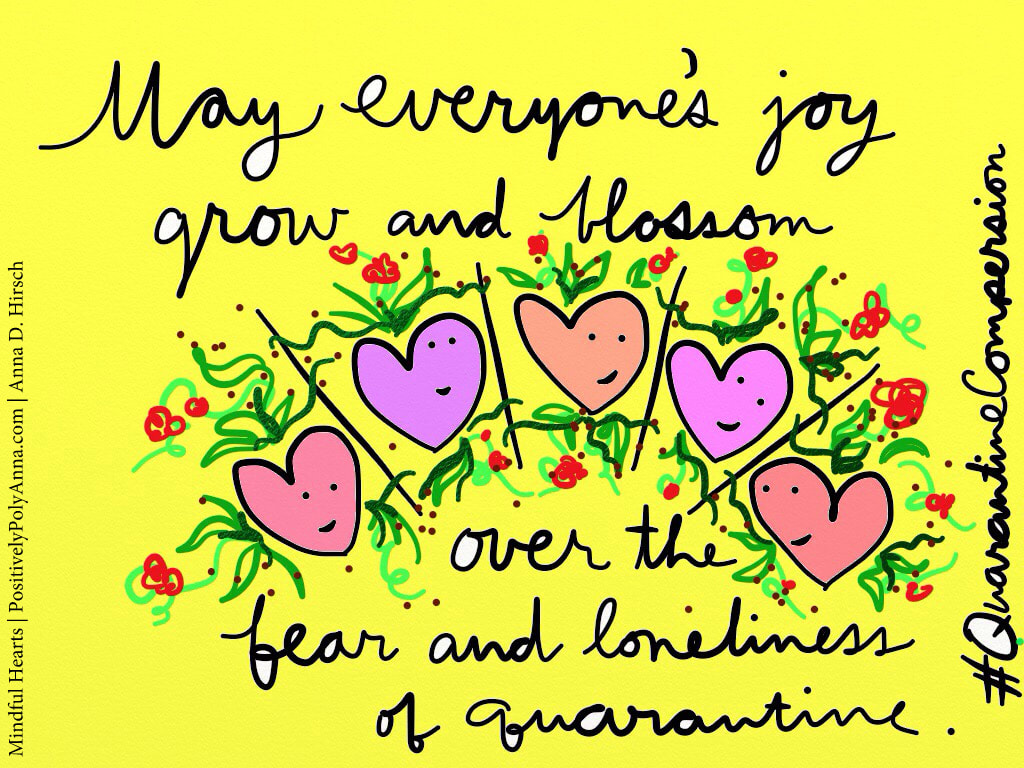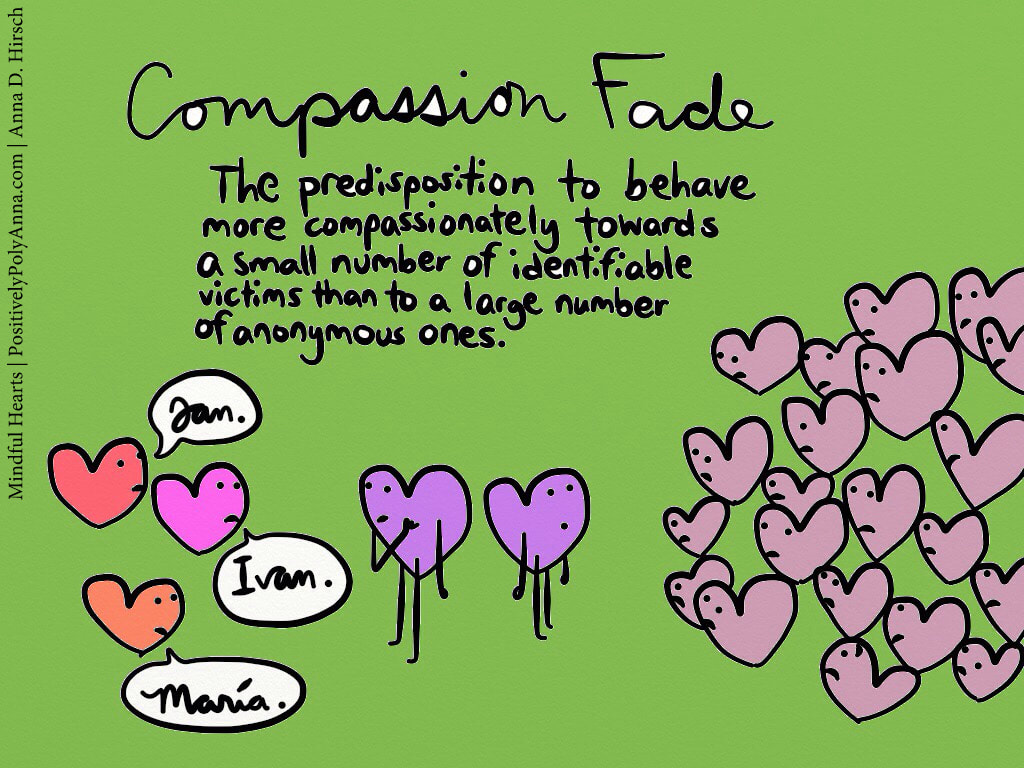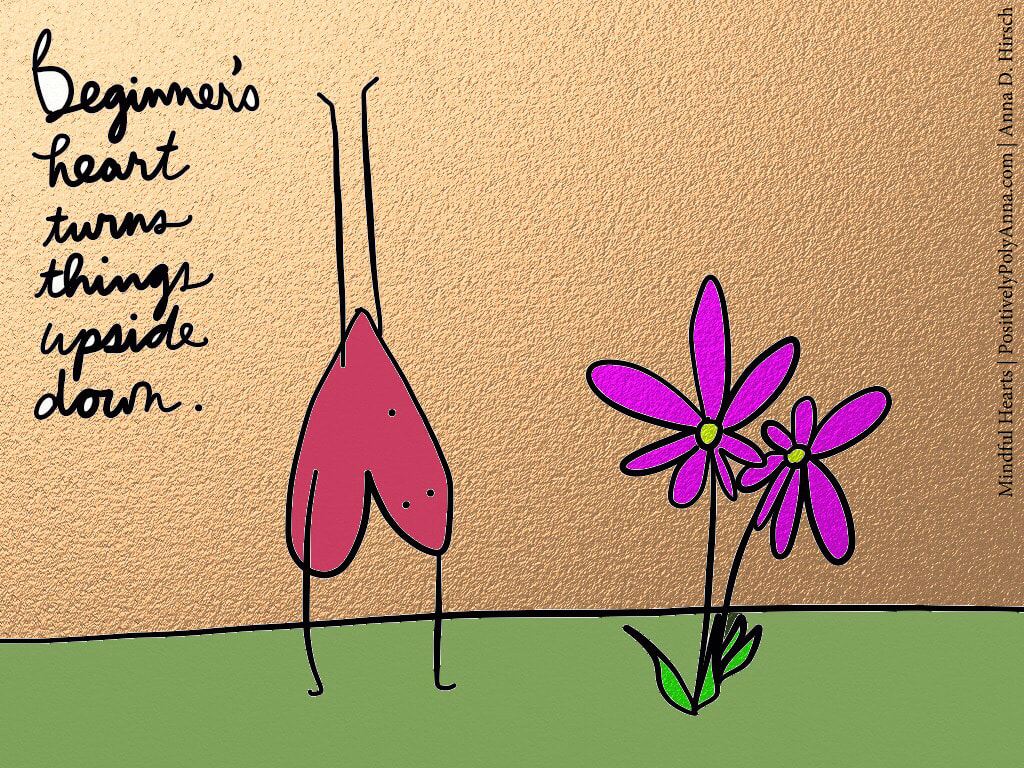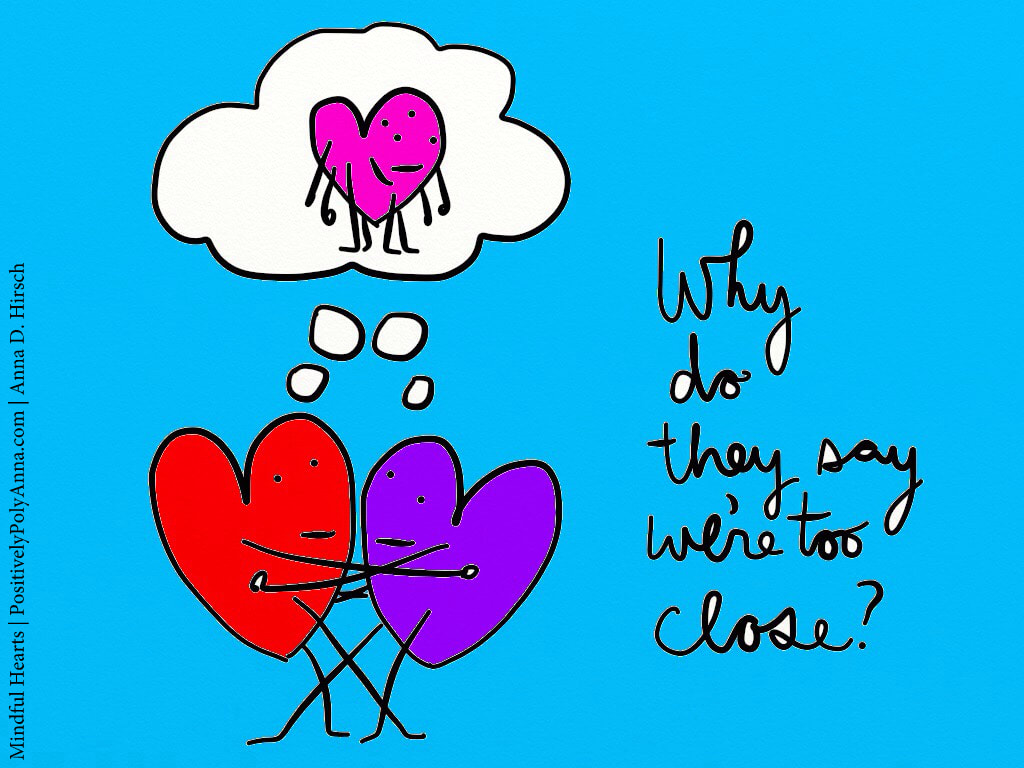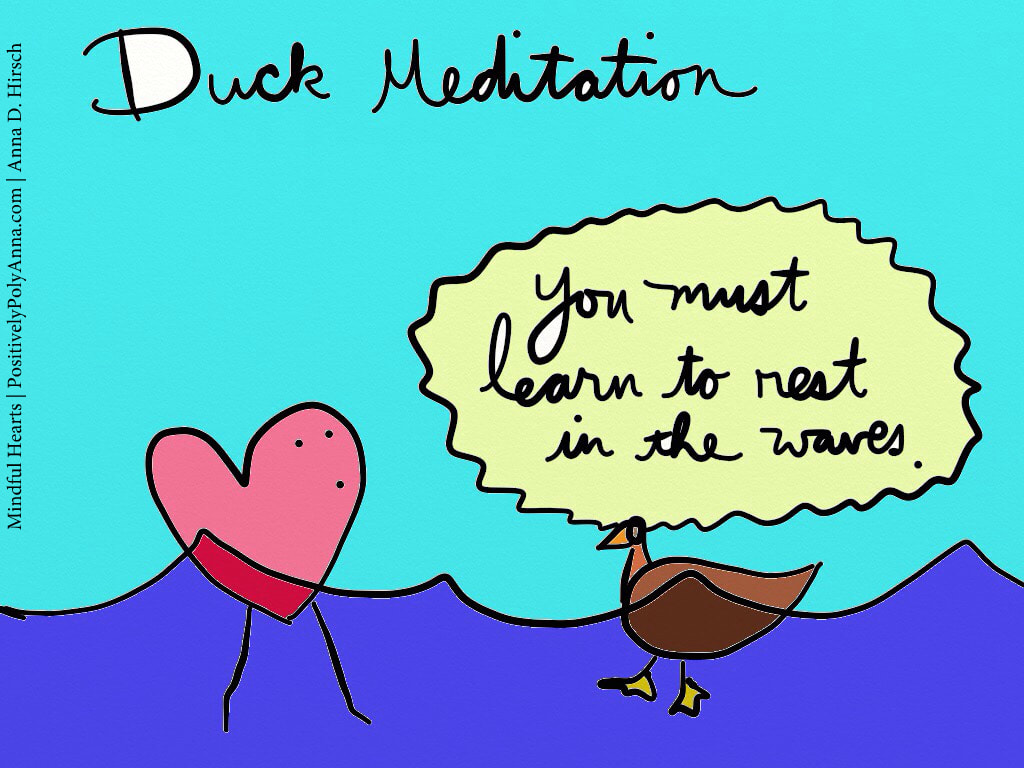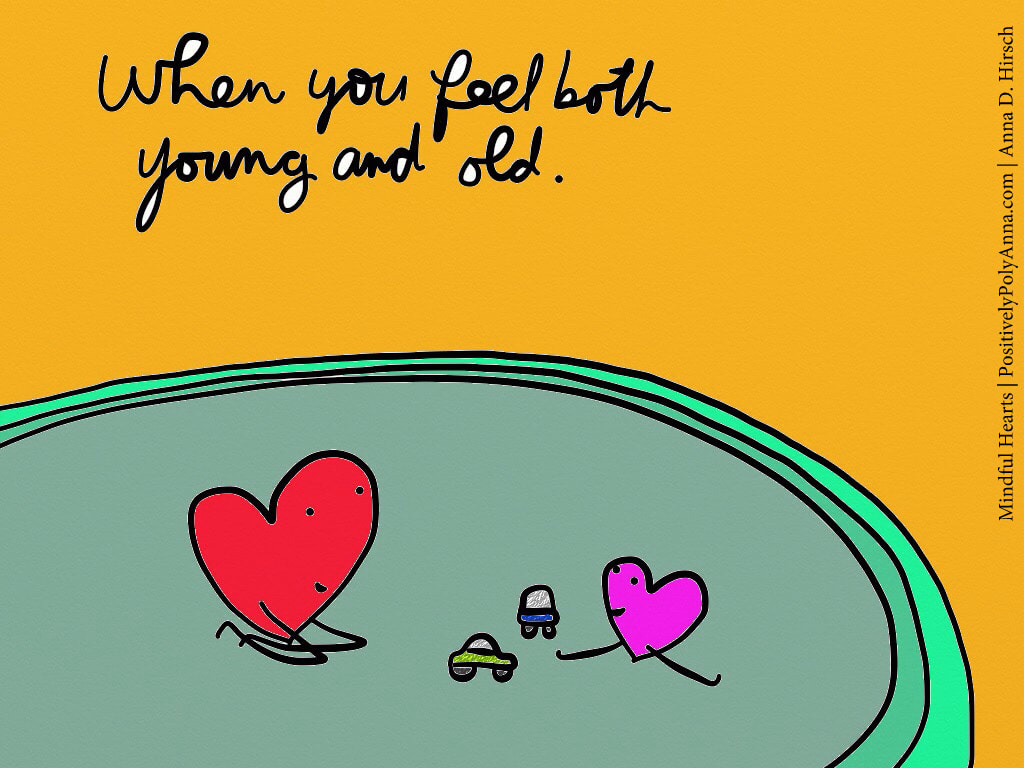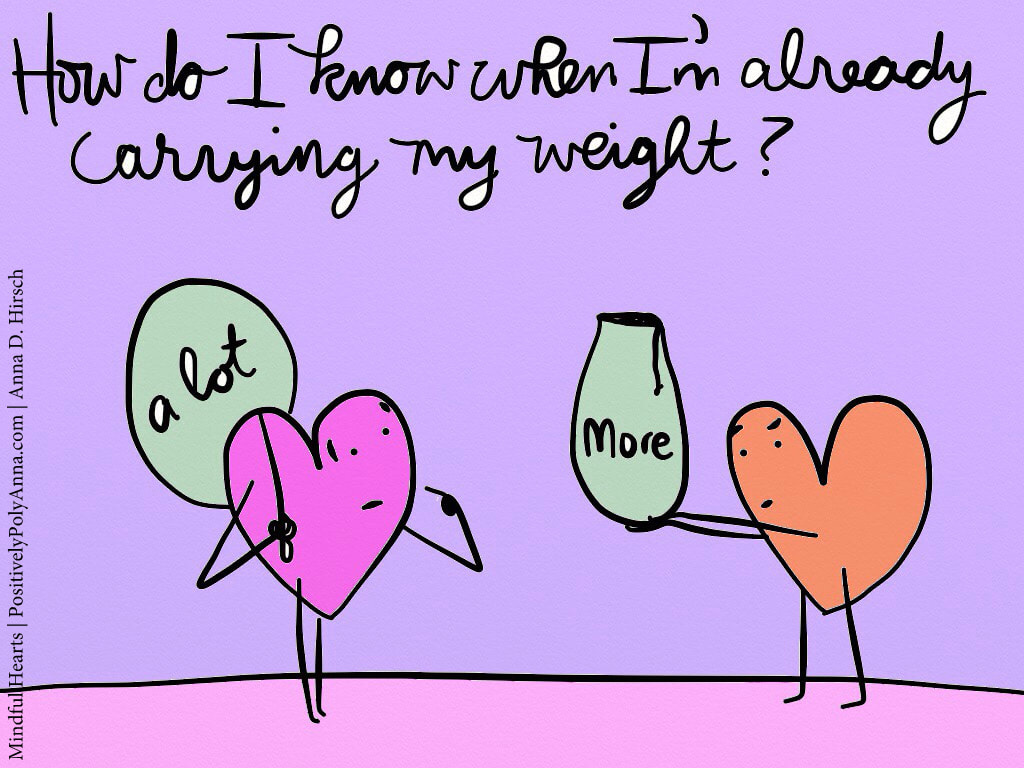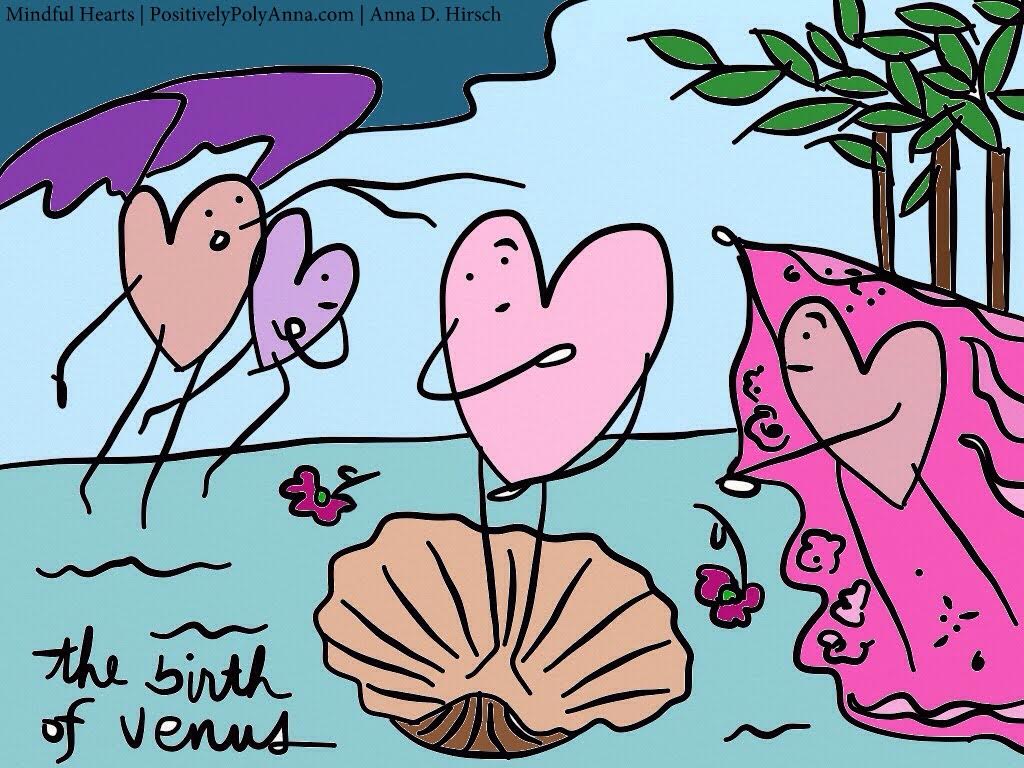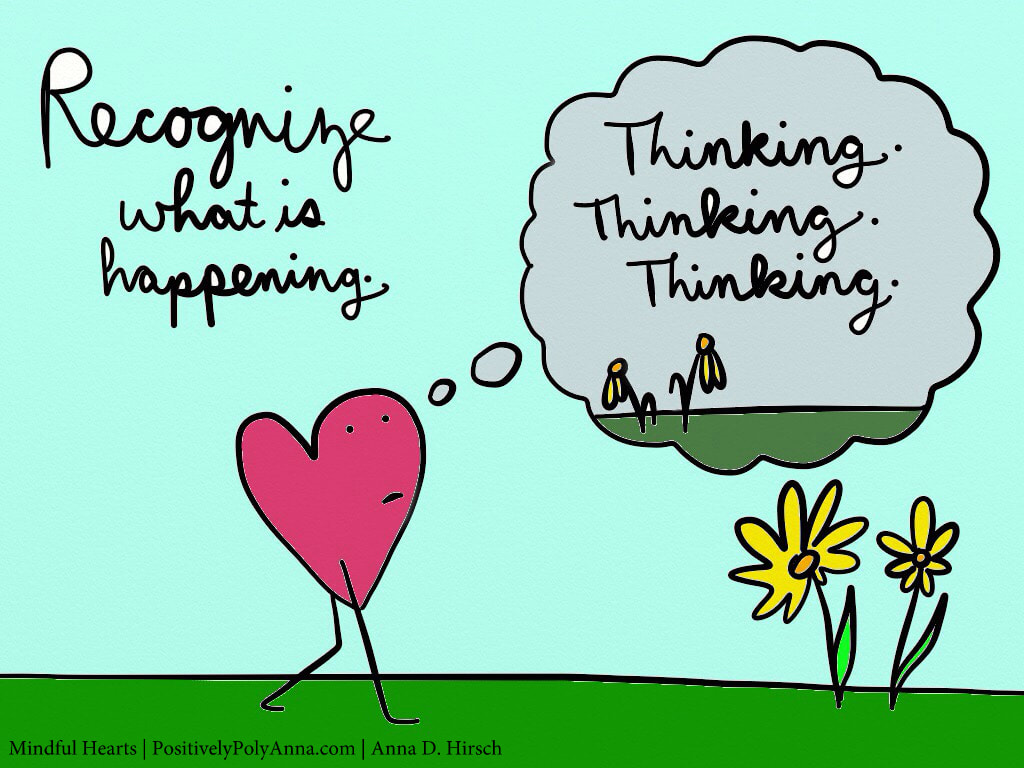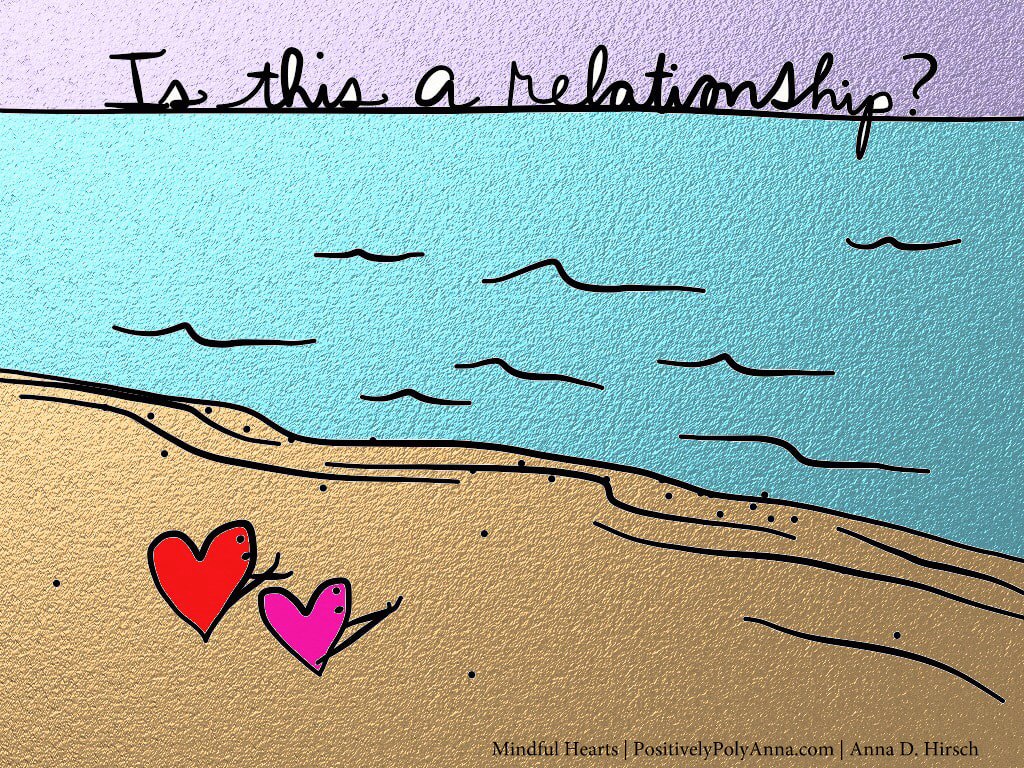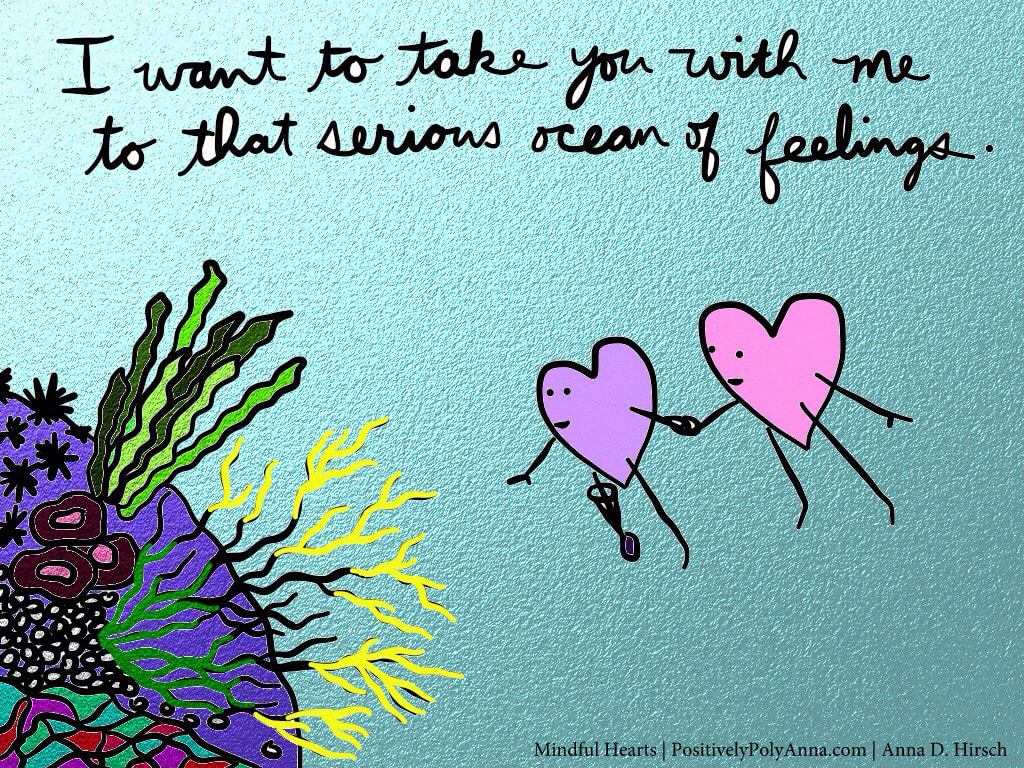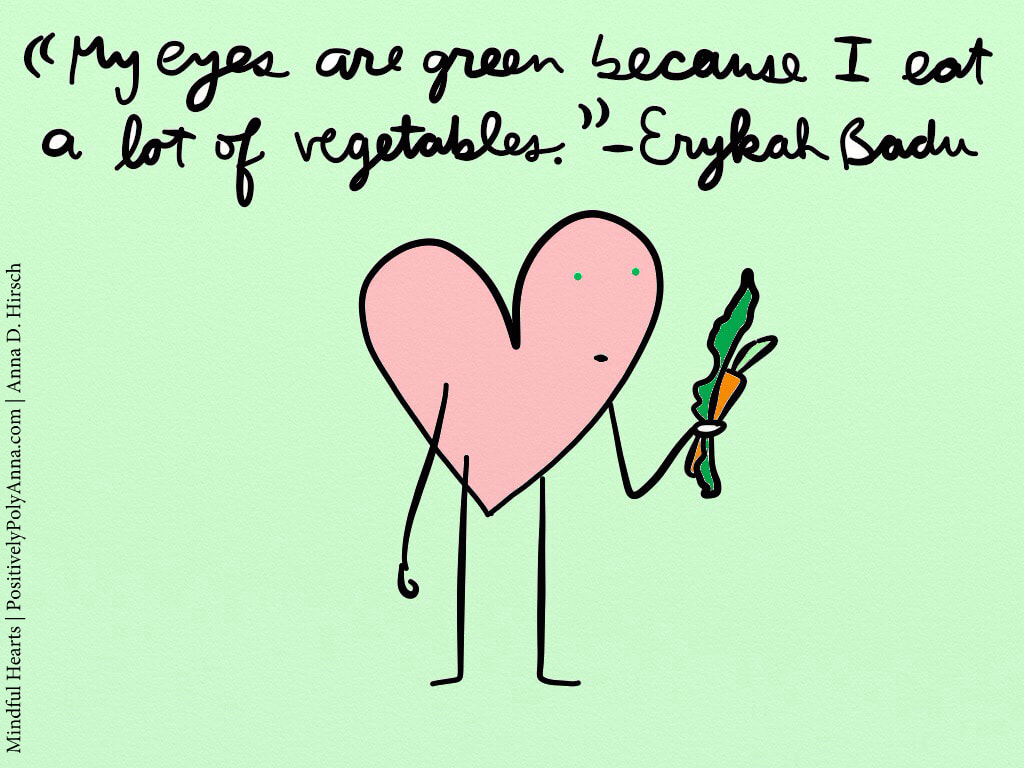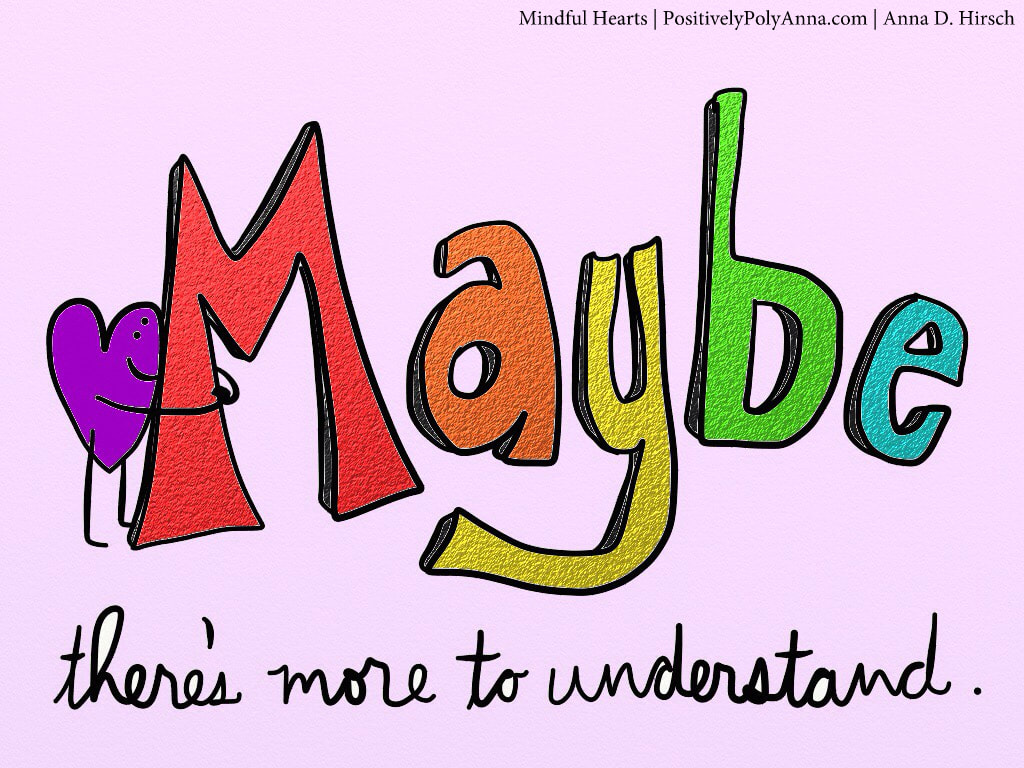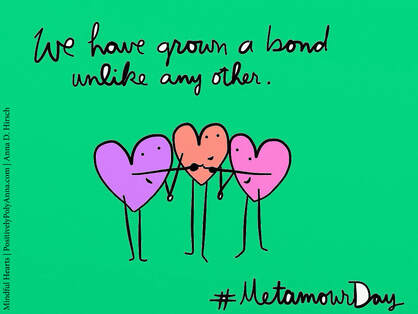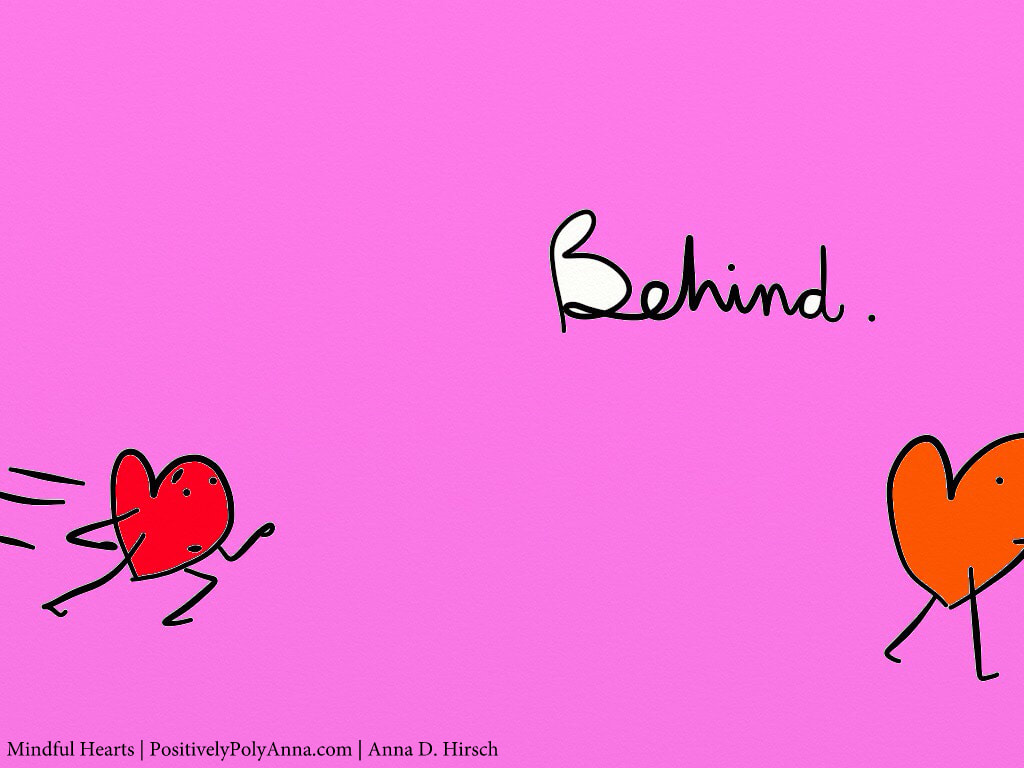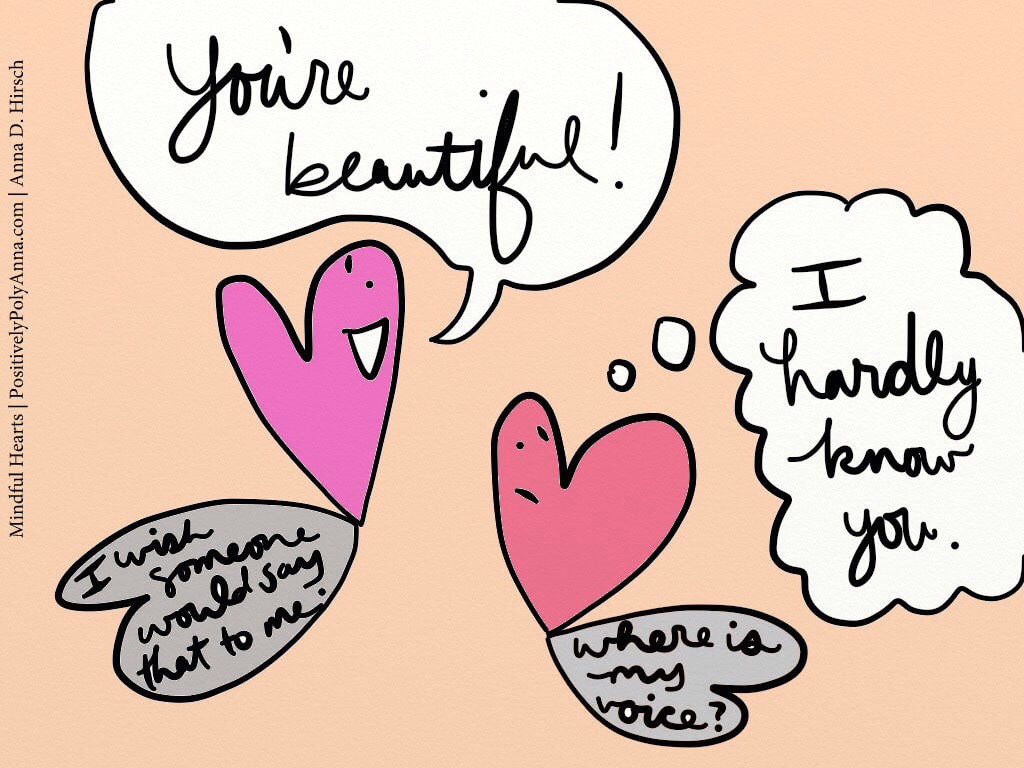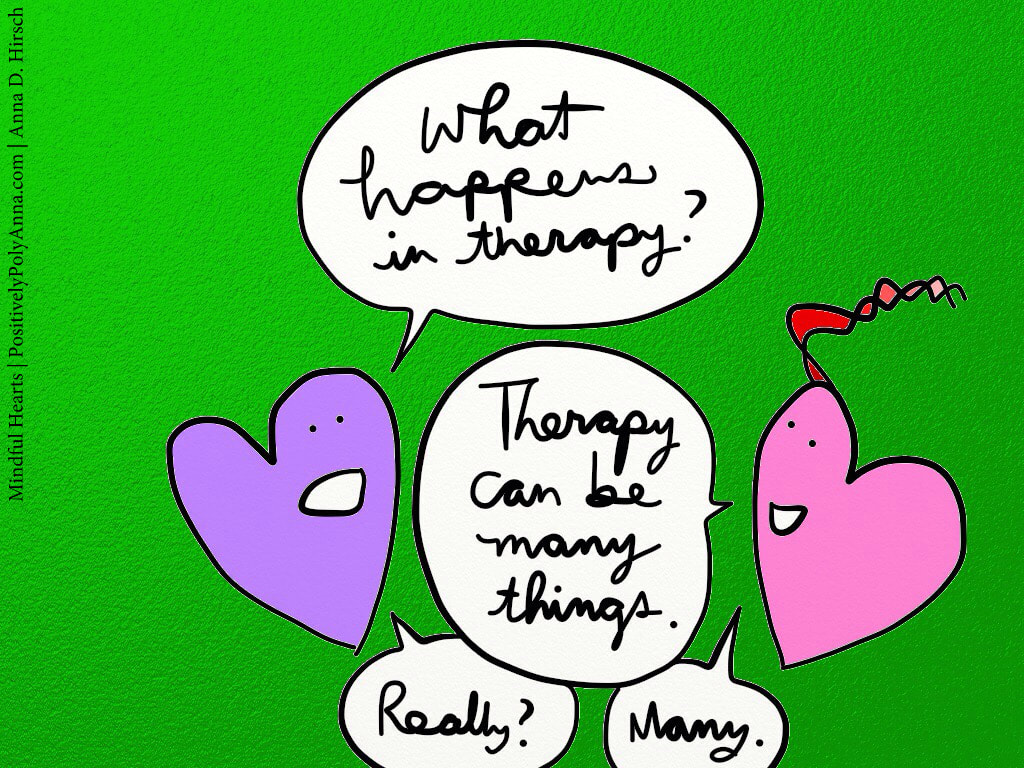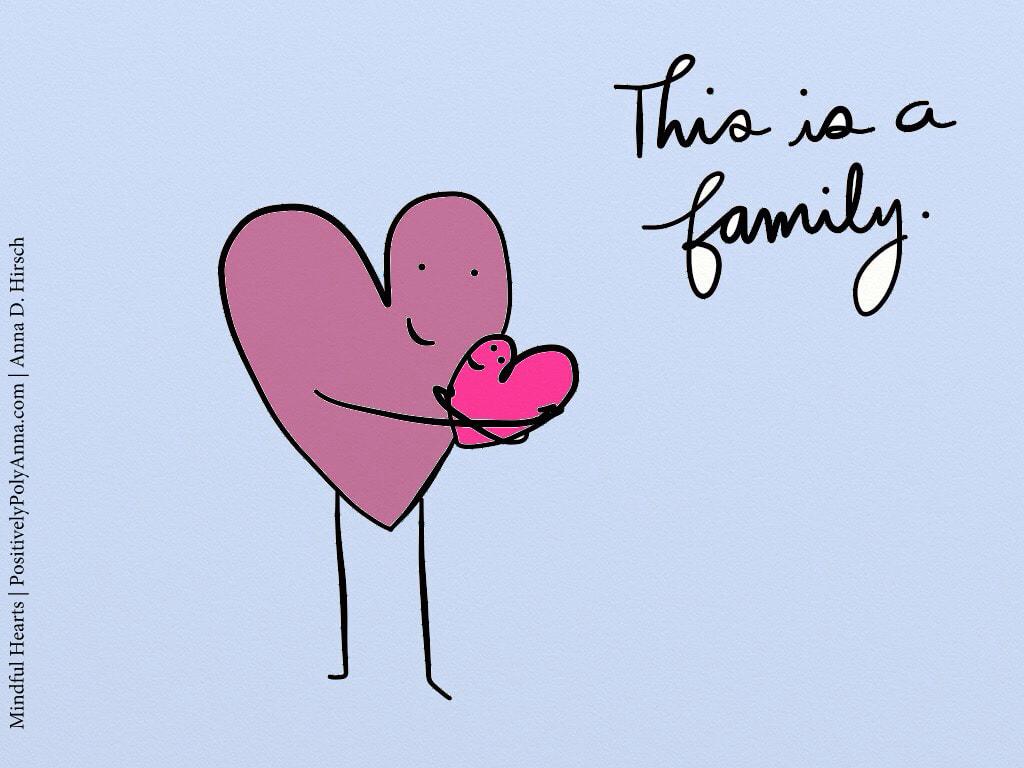~ ~ ~
Human cognition, emotion, and motor function are not computational processes. Our brains, hearts, and bodies are living, dynamic, evolving wonders. To that end, scientists have described and studied a dazzling variety of specific cognitive biases. This work helps illuminate a vast, multifaceted landscape of statistically meaningful ways that brains are ultimately not computers. At the same time, science has yet to do extensive study of emotive and motor biases that likely can also originate from the significant cluster of neurons in the heart and in the gut. Yet all told, we understand that the biopsychosocial experience of being human is fallible, predictably unpredictable, mutating, and, well, human.
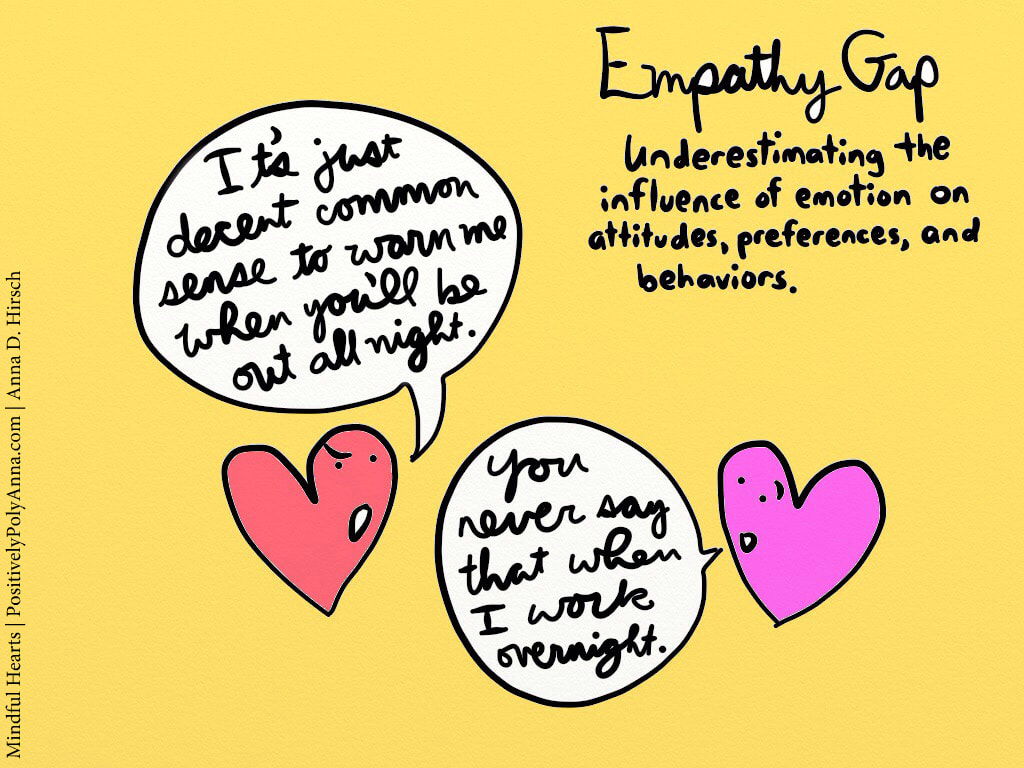

 RSS Feed
RSS Feed

